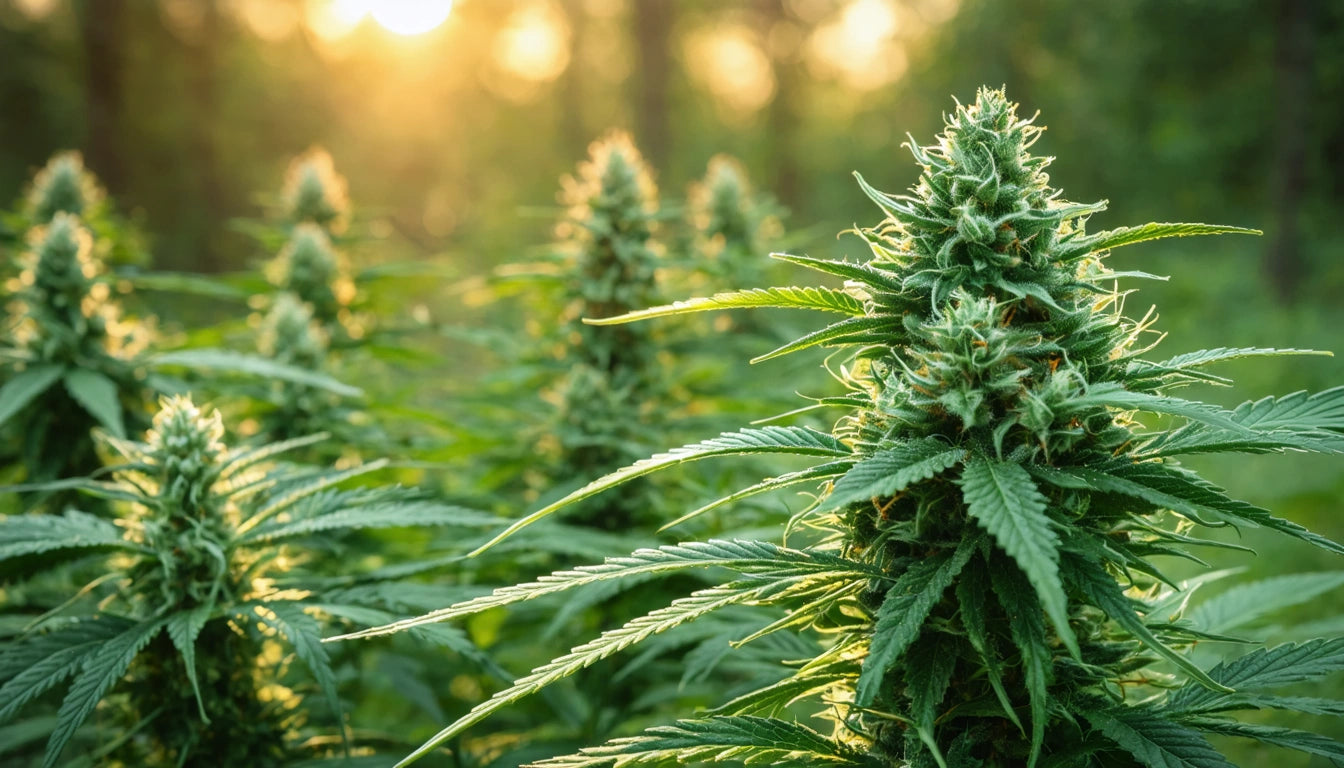Understanding Medical Marijuana Laws and Availability in Texas
Texas has taken cautious steps toward medical marijuana legalization through its Compassionate Use Program (CUP), though its approach remains significantly more restrictive than many other states. For patients and caregivers navigating this landscape, understanding what Texas allows, who qualifies, and how to legally access treatment is essential.
Texas Medical Marijuana Program Overview
Yes, Texas does have medical marijuana laws in place, though they're considerably more limited than in many other states. The Texas Compassionate Use Program was established in 2015 through the Compassionate Use Act, initially allowing only patients with intractable epilepsy to access low-THC cannabis oil.
The program has since expanded through legislative amendments in 2019 and 2021, but still maintains strict controls. According to projections about marijuana legalization in Texas, the state continues to take an incremental approach to expanding access.
Key Program Features:
- Texas does allow medical marijuana but only in specific forms
- The program permits low-THC cannabis products (1% THC by weight or less)
- No smoking or vaping of cannabis flower is permitted
- Patients must receive a prescription from a registered physician
- No traditional medical marijuana cards are issued
Qualifying Conditions for Medical Marijuana in Texas
What qualifies for medical marijuana in Texas has expanded since the program's inception. Currently, qualifying conditions include:
- Epilepsy and other seizure disorders
- Multiple sclerosis
- Spasticity
- Amyotrophic lateral sclerosis (ALS)
- Autism
- Terminal cancer
- Incurable neurodegenerative diseases
- PTSD (added in 2021)
The eligibility process for medical marijuana in Texas requires evaluation by a physician registered with the Compassionate Use Registry of Texas (CURT). Unlike other states, Texas does not issue physical medical marijuana cards to patients.
Accessing Medical Cannabis in Texas
For patients wondering "can you get medical marijuana in Texas," the answer is yes, but through a structured process:
- Consult with a CURT-registered physician who can determine if you qualify
- If approved, the doctor enters your information into the Compassionate Use Registry
- Purchase medication from one of the licensed dispensaries in Texas
Texas has licensed a limited number of dispensaries, known as Compassionate Use dispensaries or licensees. These are the only legal sources for medical cannabis in the state. For those needing to navigate cannabis acquisition in Texas, understanding these authorized channels is crucial for compliance.
For dispensaries and producers in the Texas market, proper storage and compliance with state regulations is essential. Many utilize specialized storage solutions like mylar bags that maintain product freshness while meeting the strict packaging requirements of the Texas program.
Limitations and Restrictions
Cultivation Restrictions
Can you grow medical weed in Texas? No, home cultivation of any cannabis plants, even for medical purposes, remains illegal in Texas. All medical cannabis products must be purchased from licensed dispensaries.
Product Limitations
Texas allows only low-THC cannabis products with no more than 1% THC by weight. Available forms include:
- Oils
- Tinctures
- Lozenges
- Topicals
Notably, smoking or vaping cannabis flower is prohibited, and edibles face significant restrictions in Texas, with limited forms available through the medical program.
Comparison with Other States
Texas has one of the more restrictive medical cannabis programs when compared to other states. A state-by-state overview of medical weed legalization shows that most states with medical programs allow:
- Higher THC concentrations
- A broader range of qualifying conditions
- More product forms including flower
- Patient home cultivation in many cases
According to current statistics on medical marijuana legalization, 37 states plus Washington D.C. have comprehensive medical cannabis programs, while Texas is among the minority with more limited programs.
Future Outlook for Texas Medical Marijuana
The Texas medical marijuana program continues to evolve, albeit slowly. Recent legislative sessions have seen proposals to expand qualifying conditions and increase THC limits, though changes have been incremental.
For patients asking "does Texas have a medical weed card system," the state's approach differs from the card-based systems in other states. Instead, Texas uses a prescription model through registered physicians and the CURT registry.
Public opinion in Texas has shifted significantly toward supporting expanded medical access, with polls showing majority support for a more comprehensive program. However, legislative changes remain cautious and gradual.
As the program develops, patients should stay informed about potential changes to qualifying conditions, product availability, and access methods. While Texas does allow medicinal marijuana, its approach remains distinctly conservative compared to the broader national trend toward more comprehensive access.











Leave a comment
All comments are moderated before being published.
This site is protected by hCaptcha and the hCaptcha Privacy Policy and Terms of Service apply.